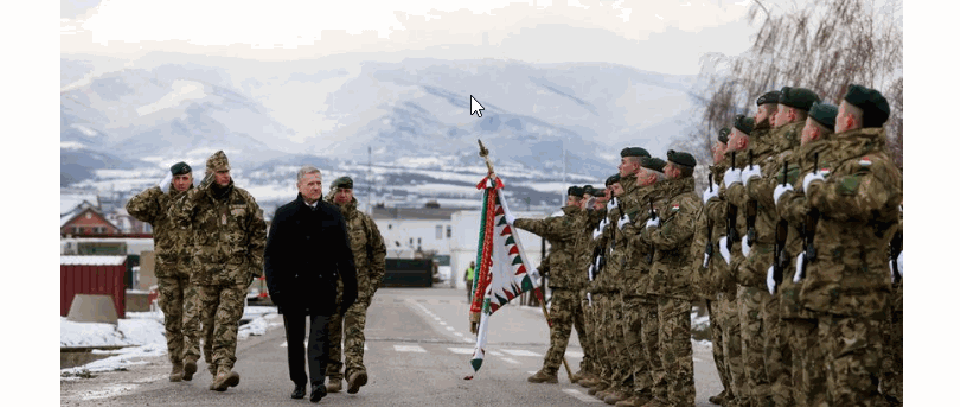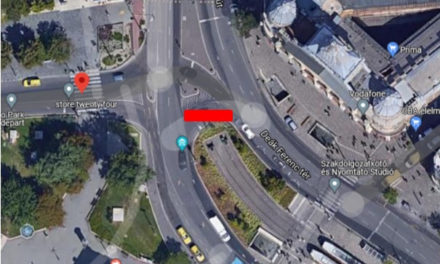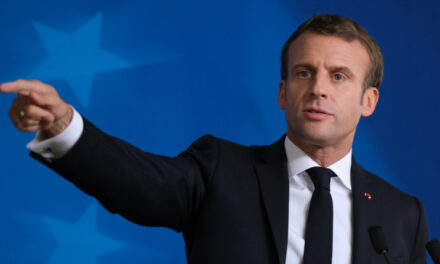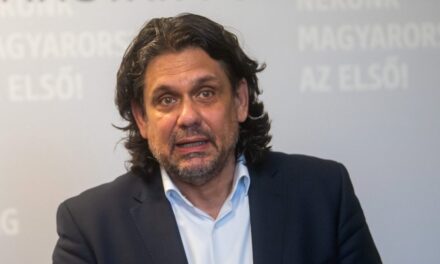Currently, there is no immediate threat to Hungary due to the crisis in Ukraine, which is why the Hungarian Armed Forces have not been ordered to be on higher alert.
However, more attention is being paid to military reconnaissance data - Magyar Nemzet learned Tibor Benkő, Minister of National Defense , who says that it is not necessary to deploy a permanent American military force in our country now. He also said that they are planning to strengthen the southern border defense by creating an independent unit, and in addition, they will increase the number of the African mission by eighty people in order to curb migration. The development of the armed forces also continues.
– Russian soldiers marched on the borders of Ukraine, and the Americans sent arms shipments worth hundreds of millions of dollars to our eastern neighbor, while the United States and Russia are mutually threatening each other. Does this mean a direct threat to our country? Did we have to put our soldiers on alert?
- There is currently no immediate threat to Hungary, but of course we need to pay much more attention to every little sign. Even the Ukrainians themselves see that a comprehensive war situation has not yet developed in their country, that Russia is not launching a full-scale war against them in the classical sense.
For this reason, we have not yet ordered a higher level of readiness at the Hungarian Armed Forces, but our soldiers are obviously carrying out their training tasks in accordance with the situation. However, more attention should be paid to the collection of reconnaissance data and the analysis of information. Ukraine is a neighboring country, and we have more than a hundred thousand Hungarians registered in Transcarpathia. We are a member of NATO, we think in accordance with the alliance's principles, but the most important thing is that the peace and security of our country and Hungarians across the border are guaranteed. We follow what is happening in Russia and Ukraine, what rhetoric we hear from the United States and NATO. In addition, the contact is also very intense, we are constantly negotiating, the Ukrainian defense minister recently visited me, and on Monday I discussed with the British defense minister.
- Based on your negotiations, can we trust that the crisis can be resolved through diplomacy?
"I really hope so." In any case, these disagreements must be resolved diplomatically, armed conflicts must not arise. However, the situation is complicated, similar to the Cold War period. Instead, however, the parties should agree in a fair manner on whose intentions and what they want to achieve. Now it becomes tangible for everyone how a peaceful period can change from one day to the next. That is why we represent the principle that the Hungarian Defense Forces must be developed, that the country needs a strong, reliable, effective army.
– Will American forces and bases be installed in Hungary, and will the Hungarian-American military exercises continue, the purpose of which is to stop an attack from the east?
- It is not necessary to install a permanent American military force in our country. However, we will continue the NATO or bilateral military exercises that we have held in Hungary. By the way, an American aircraft and crew are still in our country, training and preparations are ongoing. However, this should not be given such importance as if their goal was to act against a possible Russian attack.
- It could not be a coincidence that the activity of the American forces has increased here in the last five years.
– Yes, but the main reason for this is that the Hungarian Armed Forces developed exceptionally during this period. Thanks to this, we have concluded many agreements and are able to cooperate in more and more areas.
With the support of the Americans, for example, we established the command of the regional special operations forces in our country, which is also supported by Germany and Poland, and to which five nations have already joined. At the same time, we established the multinational division headquarters in Székesfehérvár together with Slovakia and Croatia. Since our capabilities have greatly increased, more and more tasks are being transferred to Hungary.
You can read the entire Magyar Nemzet article
Photo: István Mirkó












